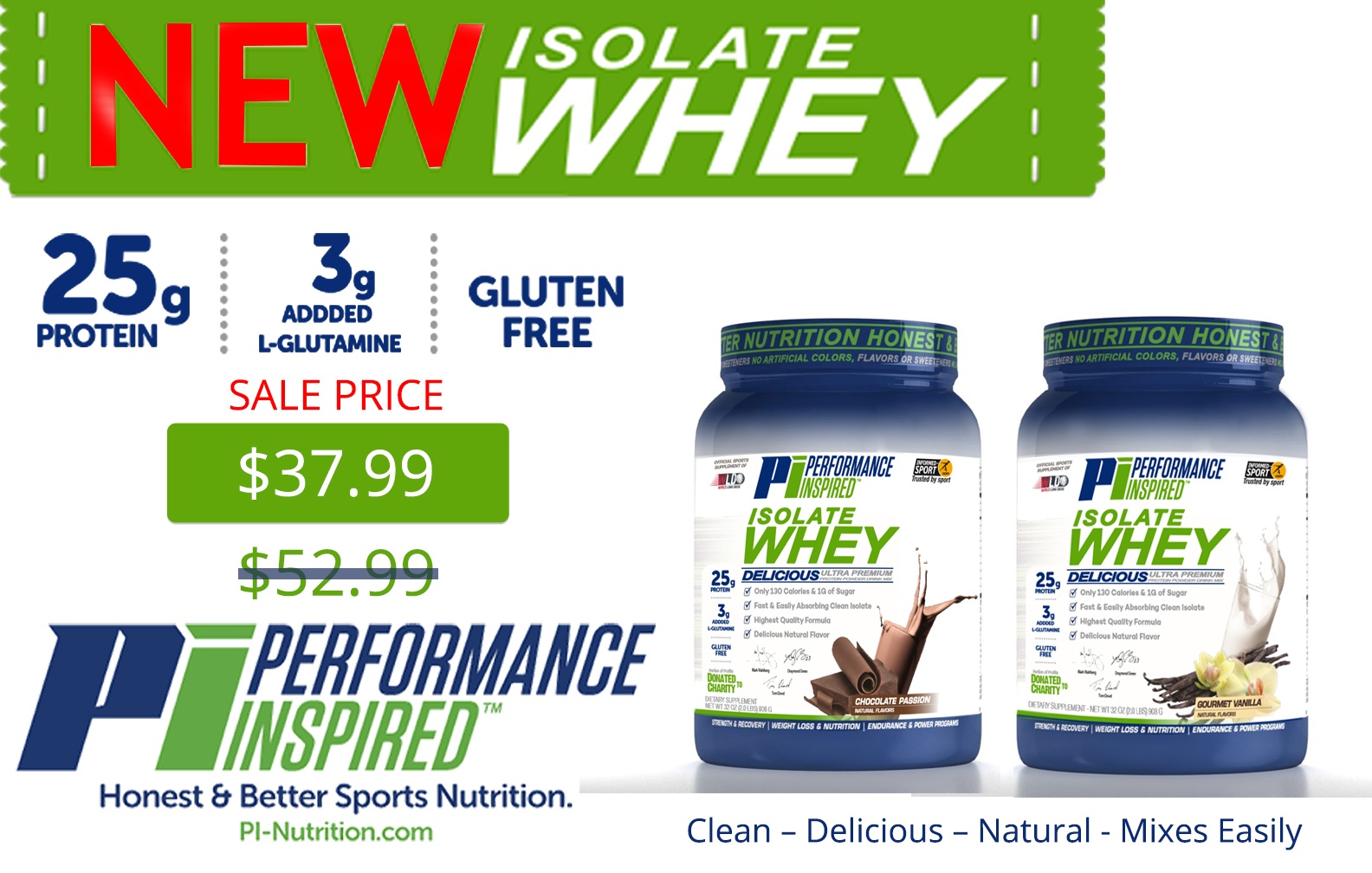Whey Protein Concentrate vs. Whey Protein Isolate: What’s the Difference?
※ Download: Difference between whey protein isolate and concentrate
Summary Although research supports beneficial effects of whey protein for active individuals, there is not clear evidence for differences in the effects of whey isolate and whey concentrate. First of all, concentrates are significantly cheaper.

If you want something simpler, then try out a hemp or pea protein powder. How could you know? This liquid contains the fast-digesting proteins commonly referred to as. The end result is a more concentrated protein — either concentrate or isolate which is what you want.

Whey Protein Concentrate vs. Whey Protein Isolate: What’s the Difference? - Whey protein concentrate also is noticeably higher in levels of lactose. We were the first company to blow the whistle on soy lecithin in whey protein and now we are the first to offer 5lbs of soy lecithin free whey isolate at an awesome price.
What's the difference between protein concentrates and isolates? Protein concentrate and protein isolate are terms used in the industry to describe whey protein purity. Concentrate and isolate refer to the percent amount of protein in the powder. Egg white is naturally that high in protein, that's just what it is. Whey protein is a milk derivative, so how much protein you actually get in a powder depends on how much they purified it. Egg white is just... So which protein concentrate did you get? How could you know? You can't The problem with whey protein concentrates is the range of protein is so wide, 30 - 80%, and you have no idea exactly what the supplement company used. Obviously, the lower protein levels are cheaper, so a lot of companies like to use mainly cheaper concentrates and then a little bit of isolate to try to make the ingredient statement look better... We use whey protein isolate! So if a protein concentrate is, say, 34% protein, what's the rest? A whole lot of lactose, up to 55% and even some milk fat. Whey protein comes from milk remember, the less pure it is, the more lactose it has. All whey protein has lactose Worst of all, you'll have no idea how much lactose is in a powder. That's bad news for those of us who are lactose-intolerant. That's why some protein powders might not sit well with you, and you might not understand why. Check the label, does it have whey protein concentrate? It probably has a lot of lactose. Almost all adults are at least mildly lactose-intolerant and even whey protein isolate has some lactose in it. All we do is process it carefully and crystallize at low temperatures, then add some flavors. Check out what 90% protein purity can do for you, see why we think Egg Crystals is the around Follow We're a small, family-owned company that's been refining a new protein drying technology since 2001. We've invented a way of crystallizing egg protein at low-temperature so that it keeps all its fresh flavor and functionality. Egg White Crystals are 100% egg white protein. And since we don't damage the protein, we don't need to add junk to cover up off-flavors and make it taste good.
Read or download our free eBook, the. Whey protein isolate is therefore often recommended for athletes who suffer from lactose intolerance. You can order the proteins by highest quality or best value. This makes whey isolates popular post-workout choices. He holds a Bachelor of Science in Nutrition and Health and a Master of Science in Sports and Exercise Nutrition. Whey comes from milk, as it is, in fact, 20 percent of all milk protein. You might also want to consider consulting with a nutritionist or healthcare practitioner, especially since you have food restrictions. By far the most commonly used protein supplement is whey protein, and in particular whey protein concentrate. I hope this helps. All we do is process it carefully and crystallize at low temperatures, then add some flavors.



